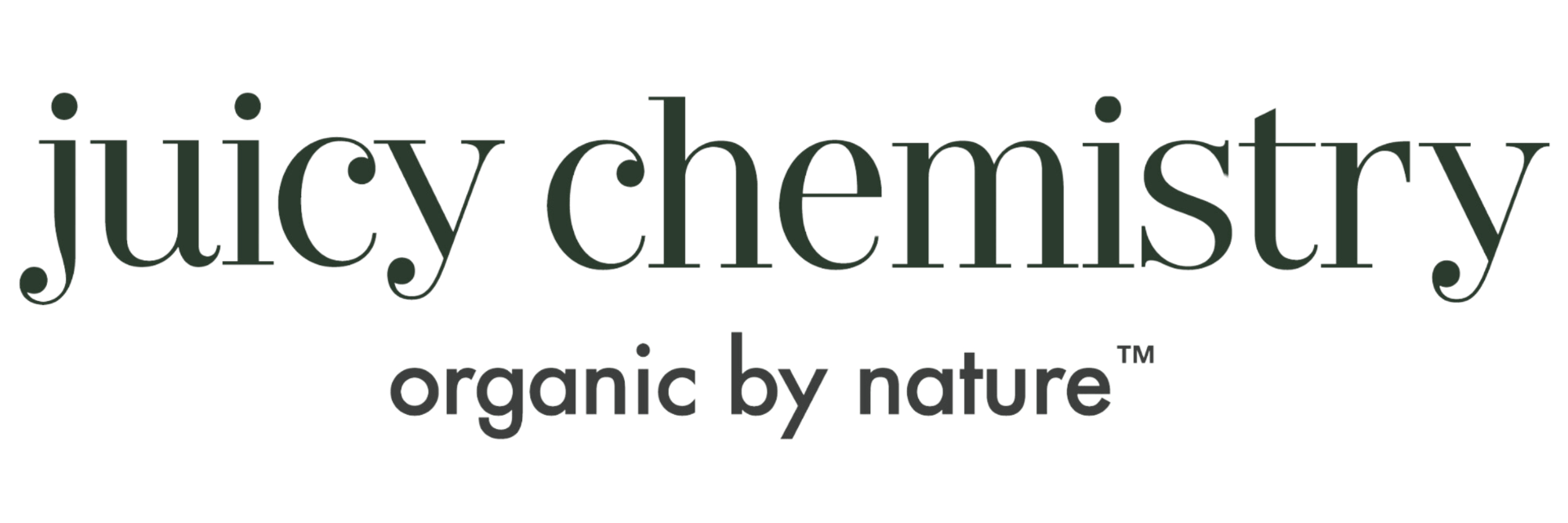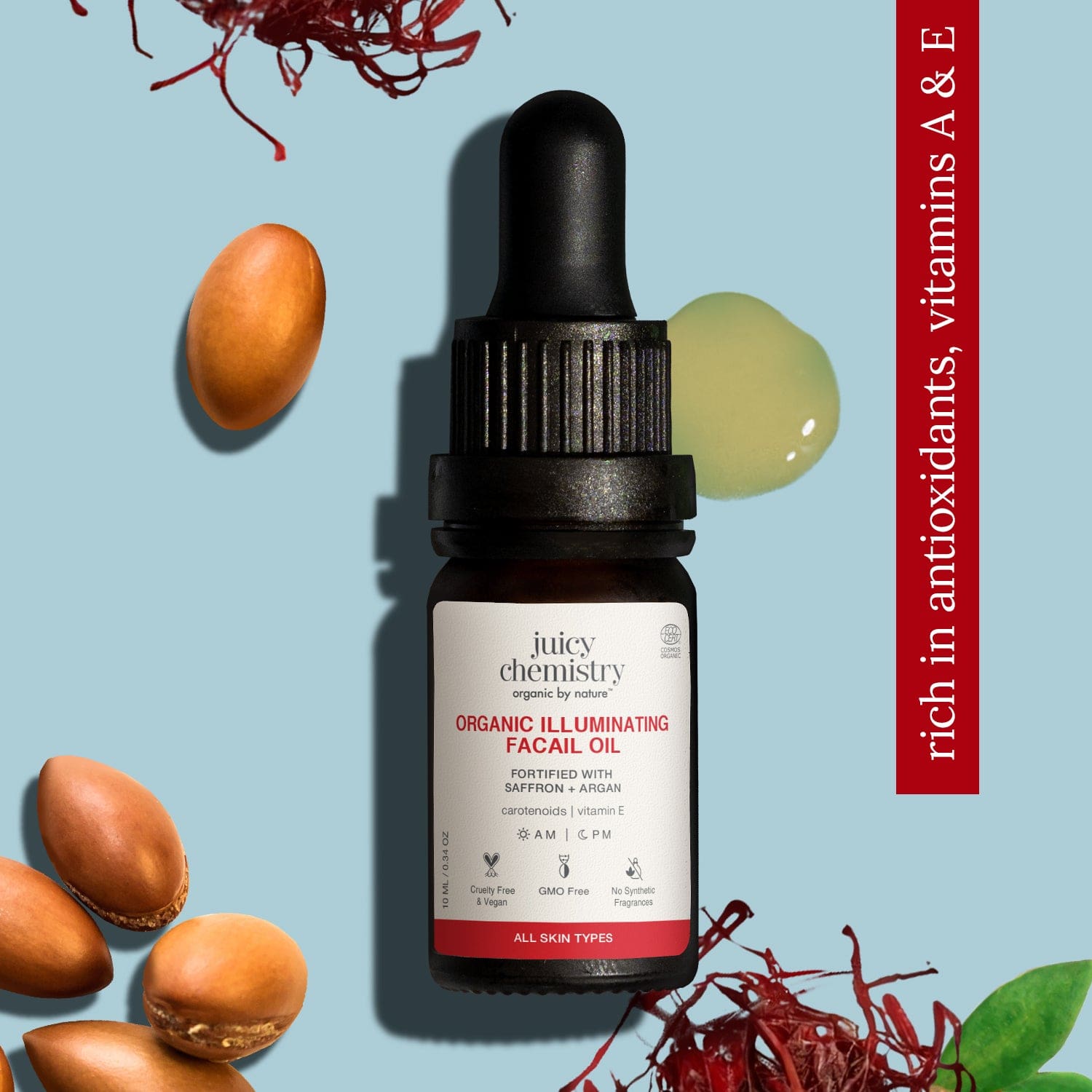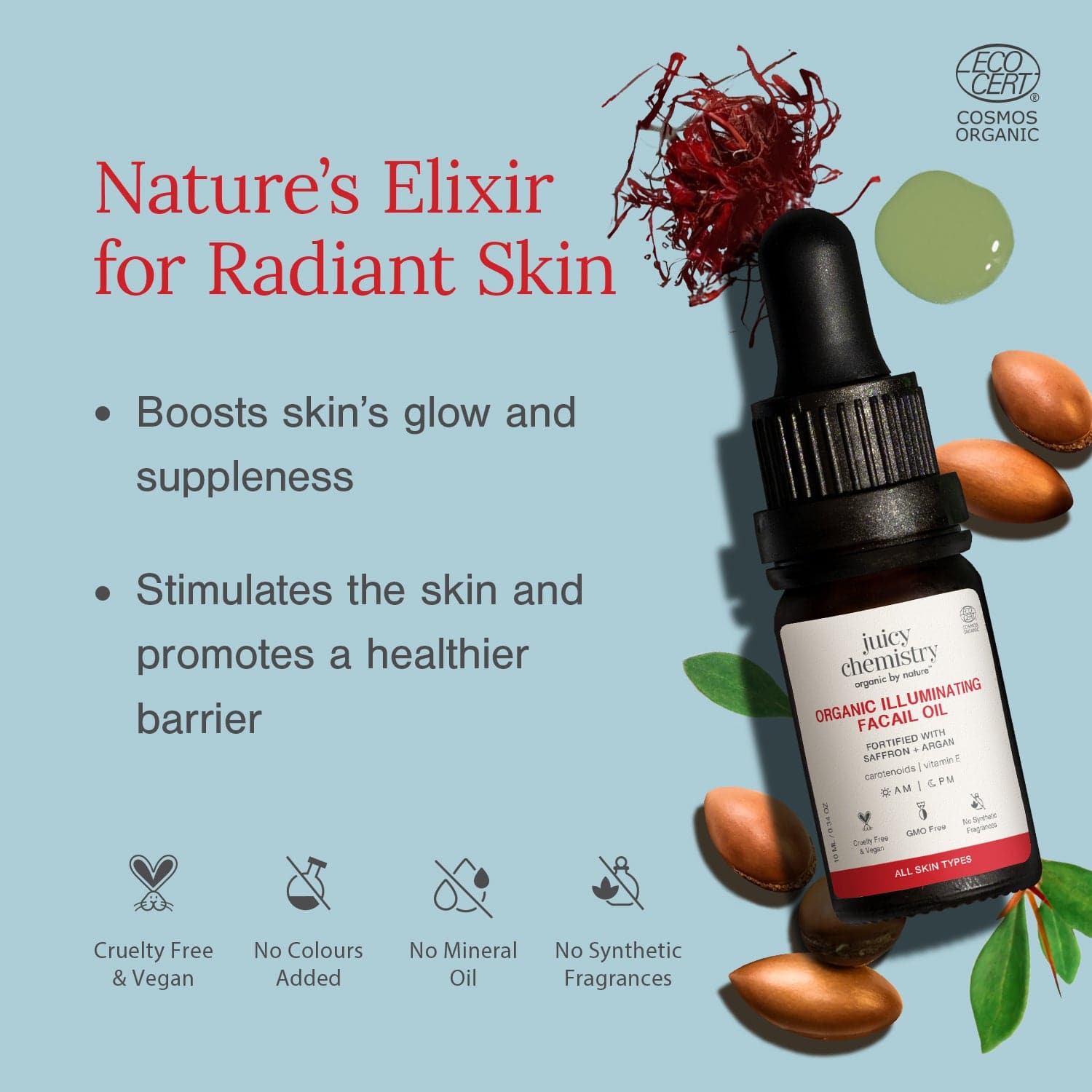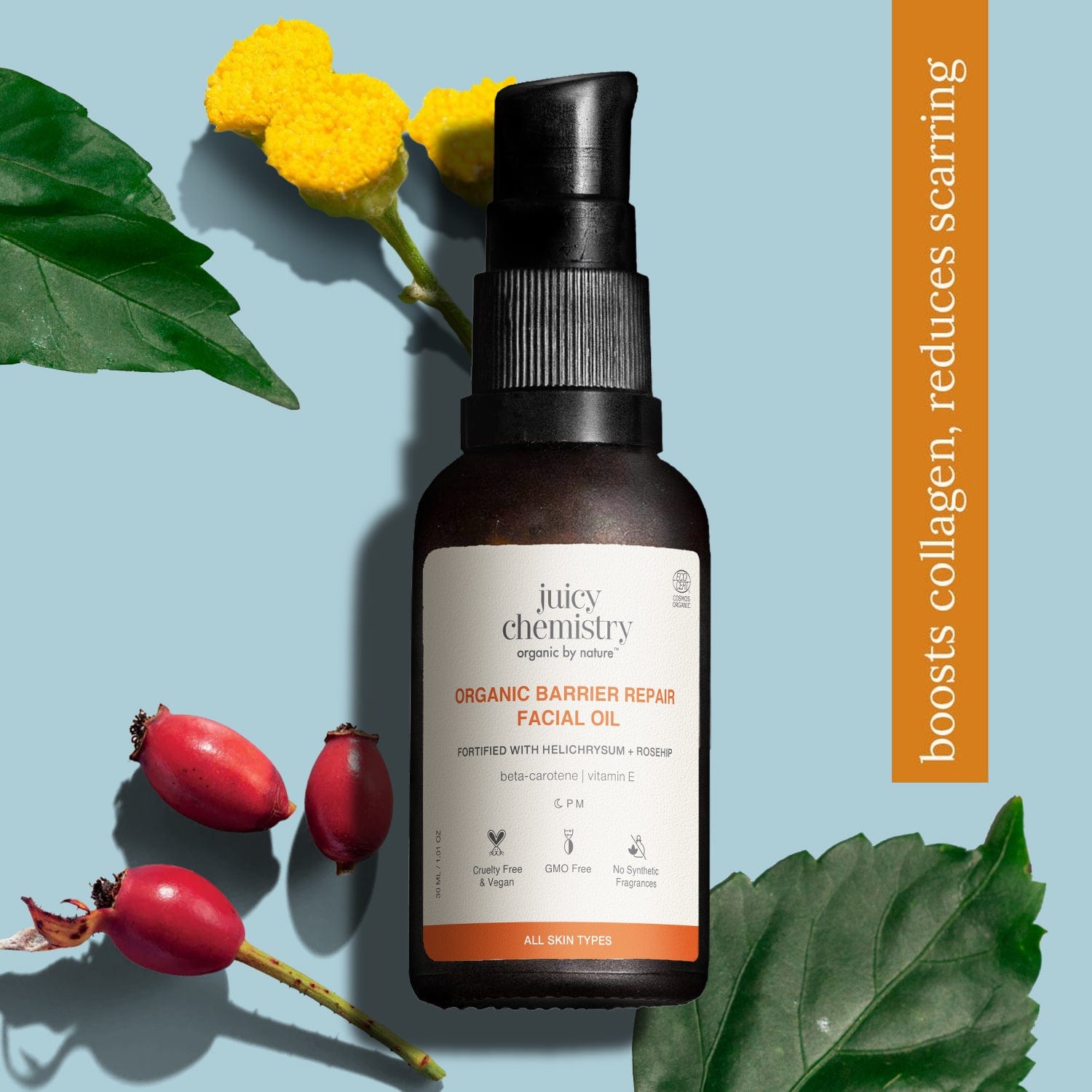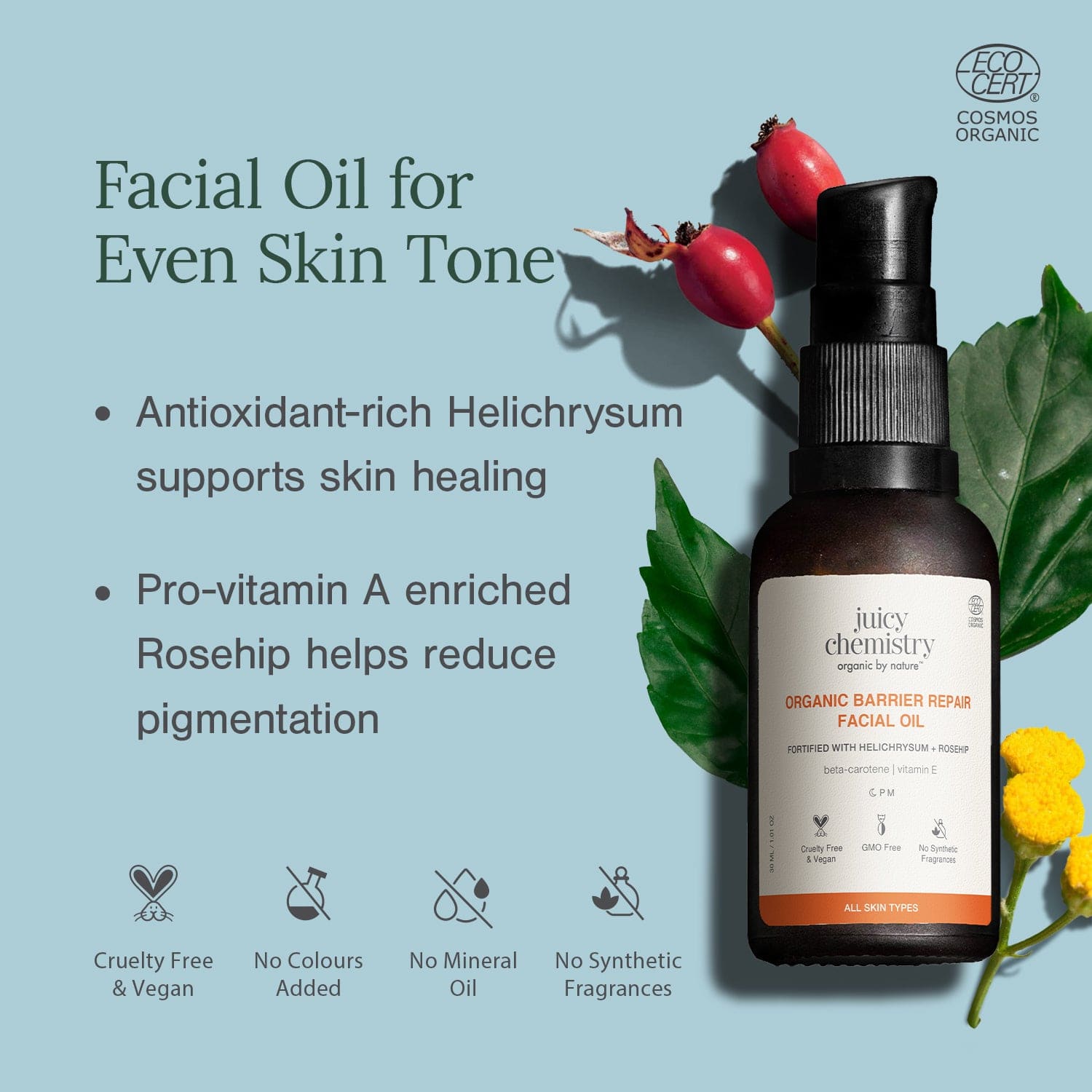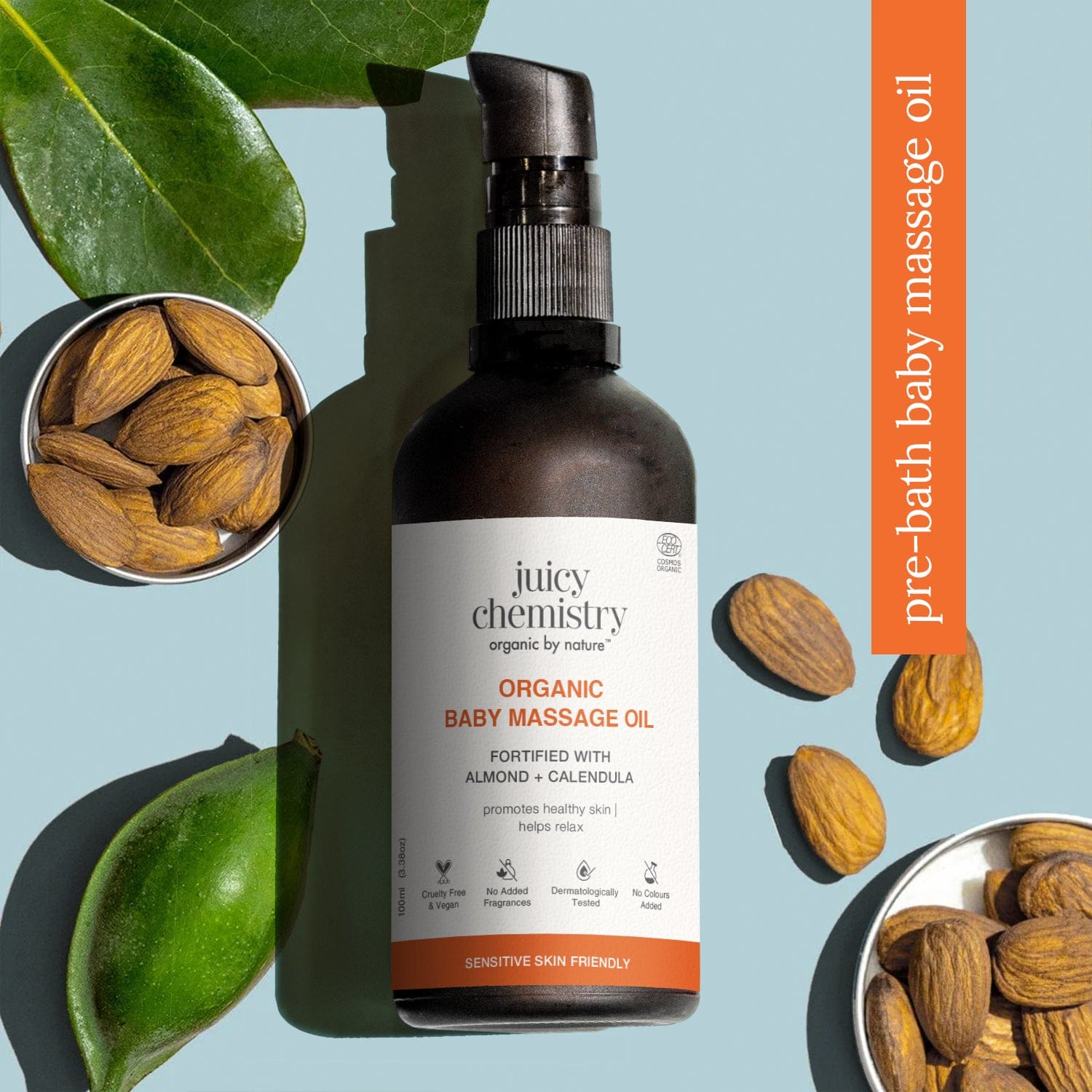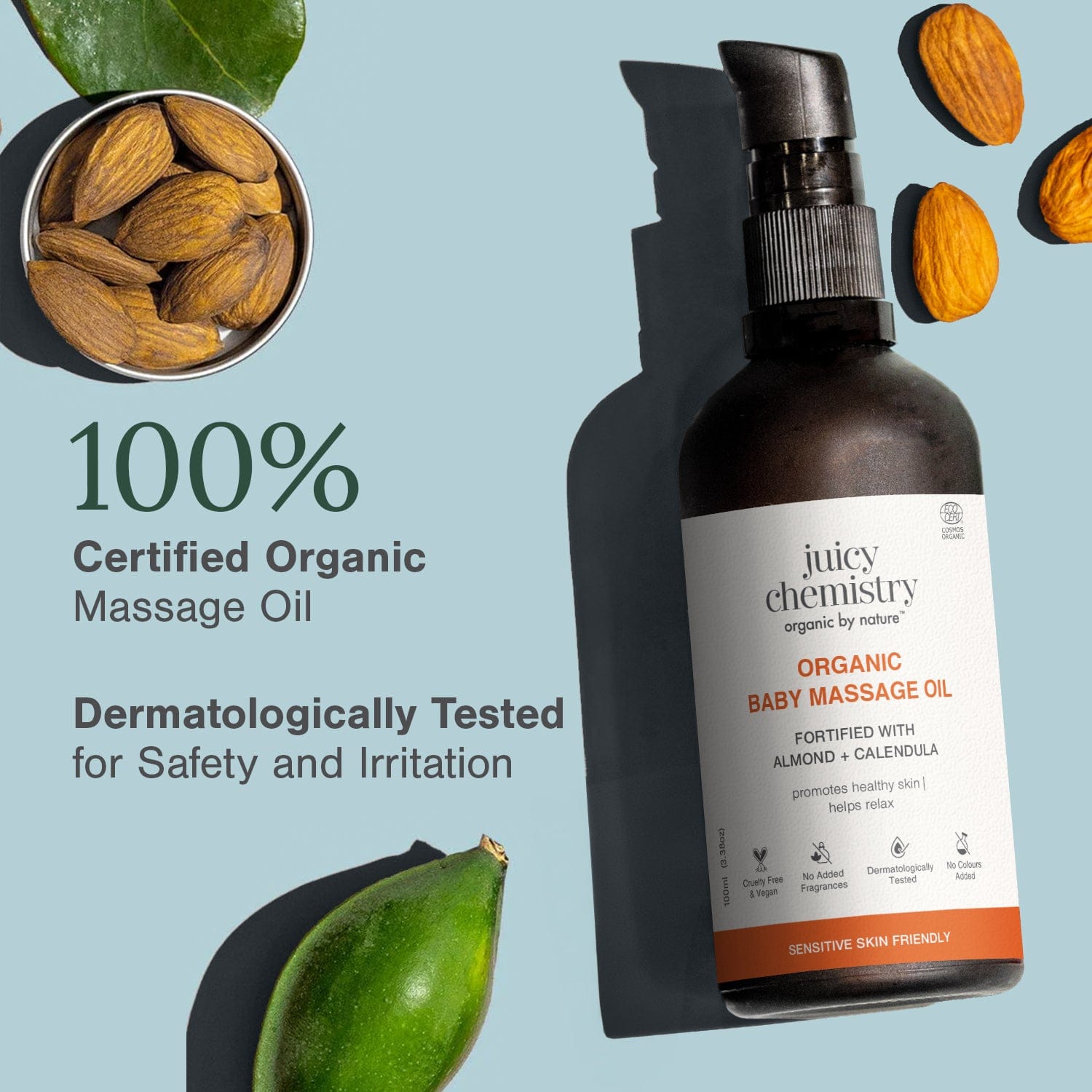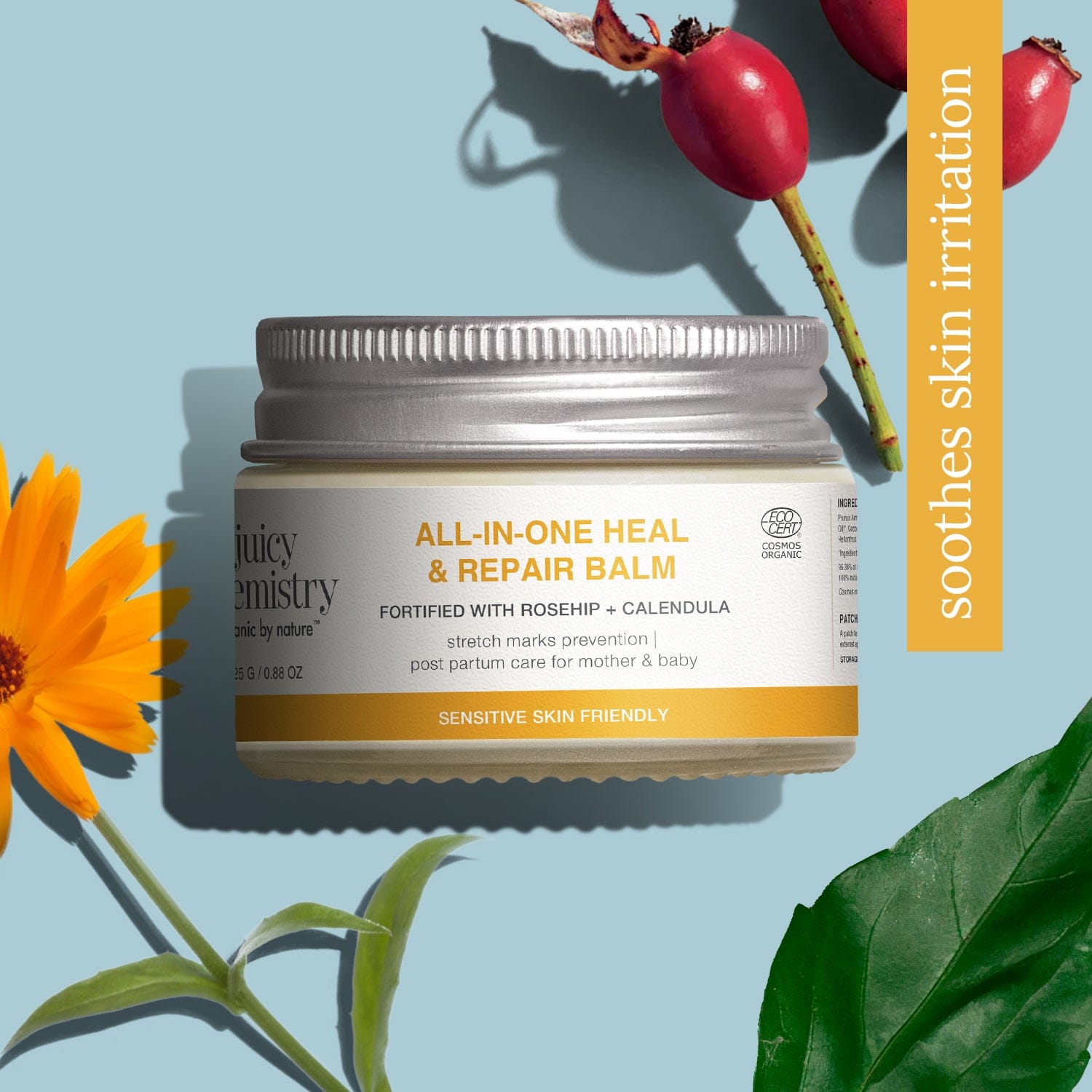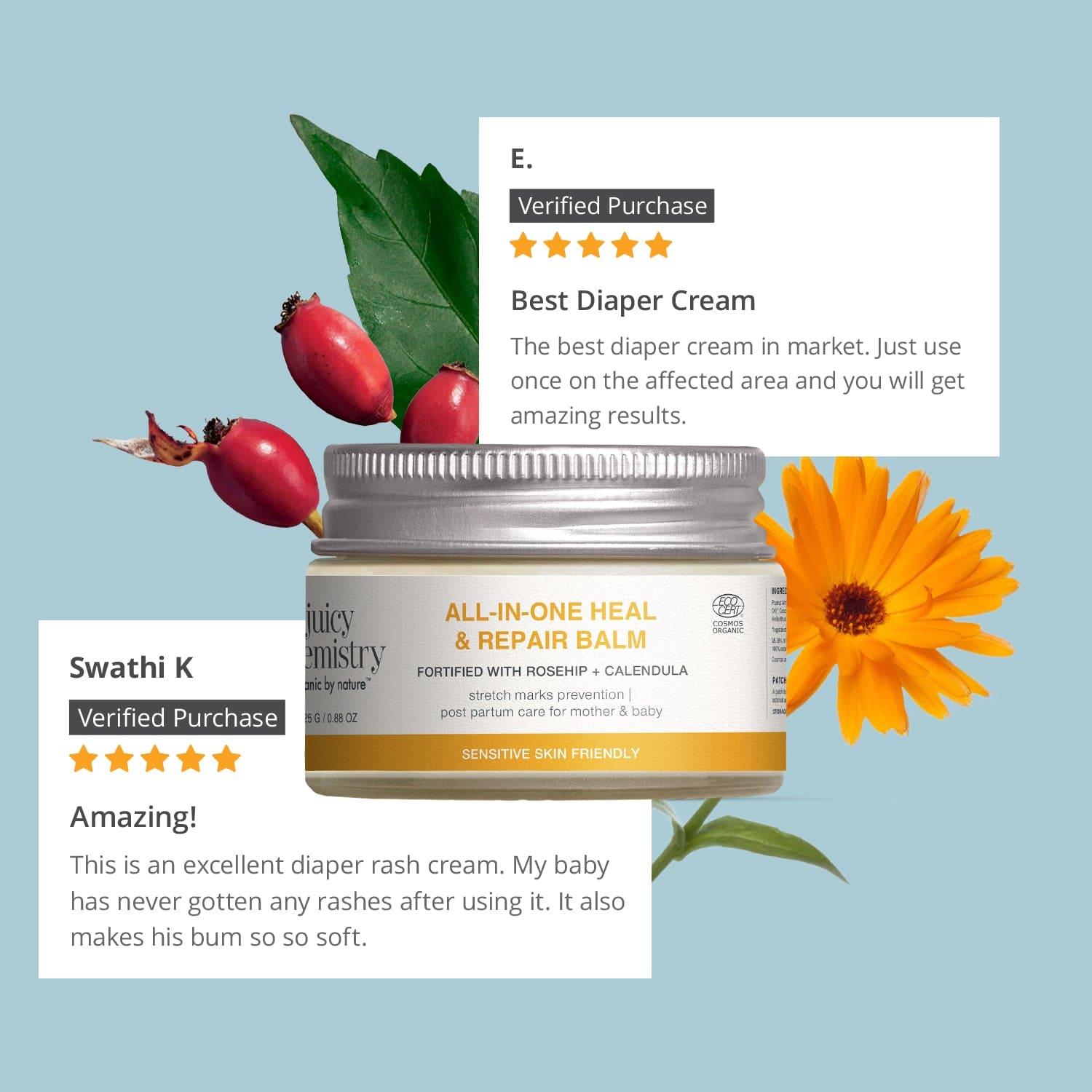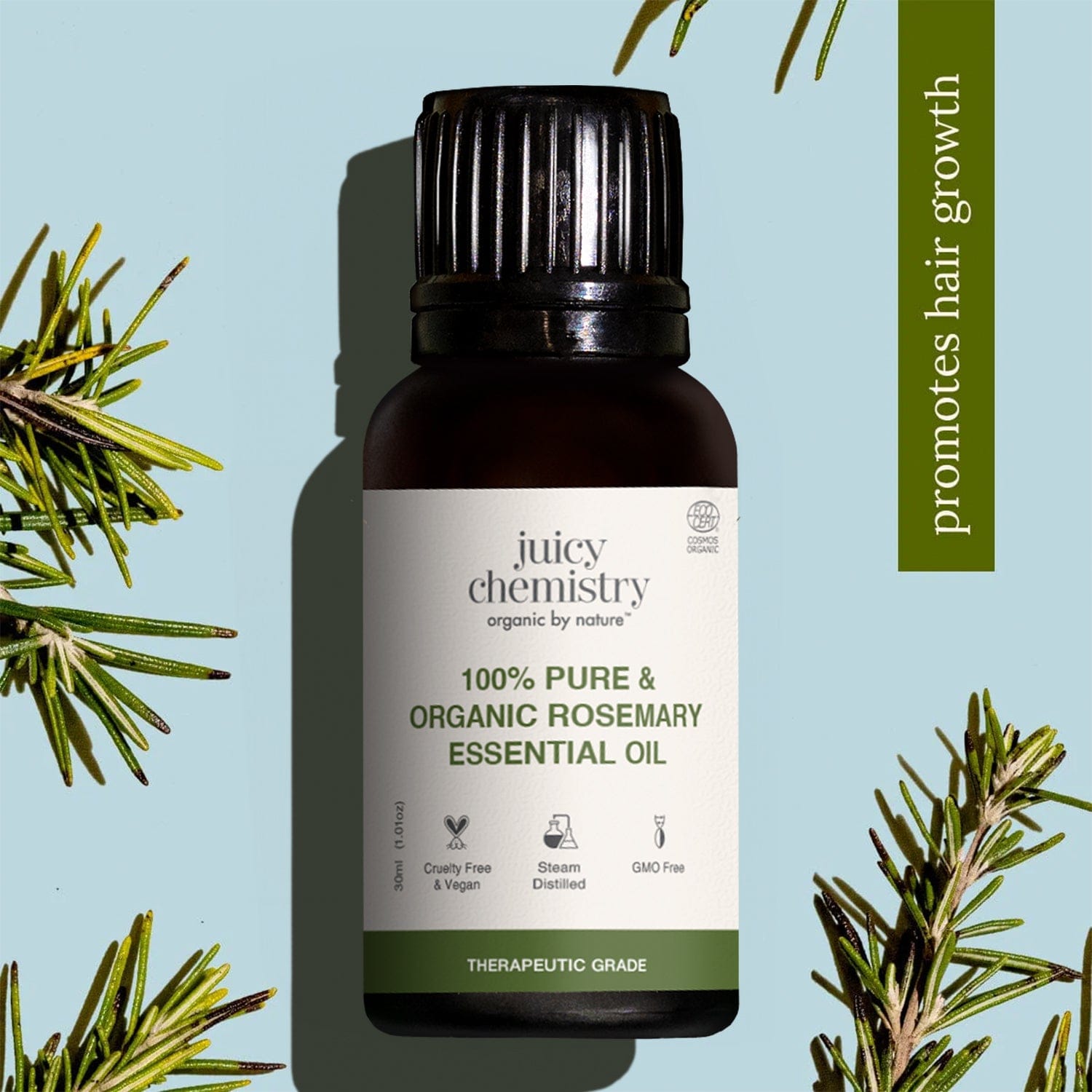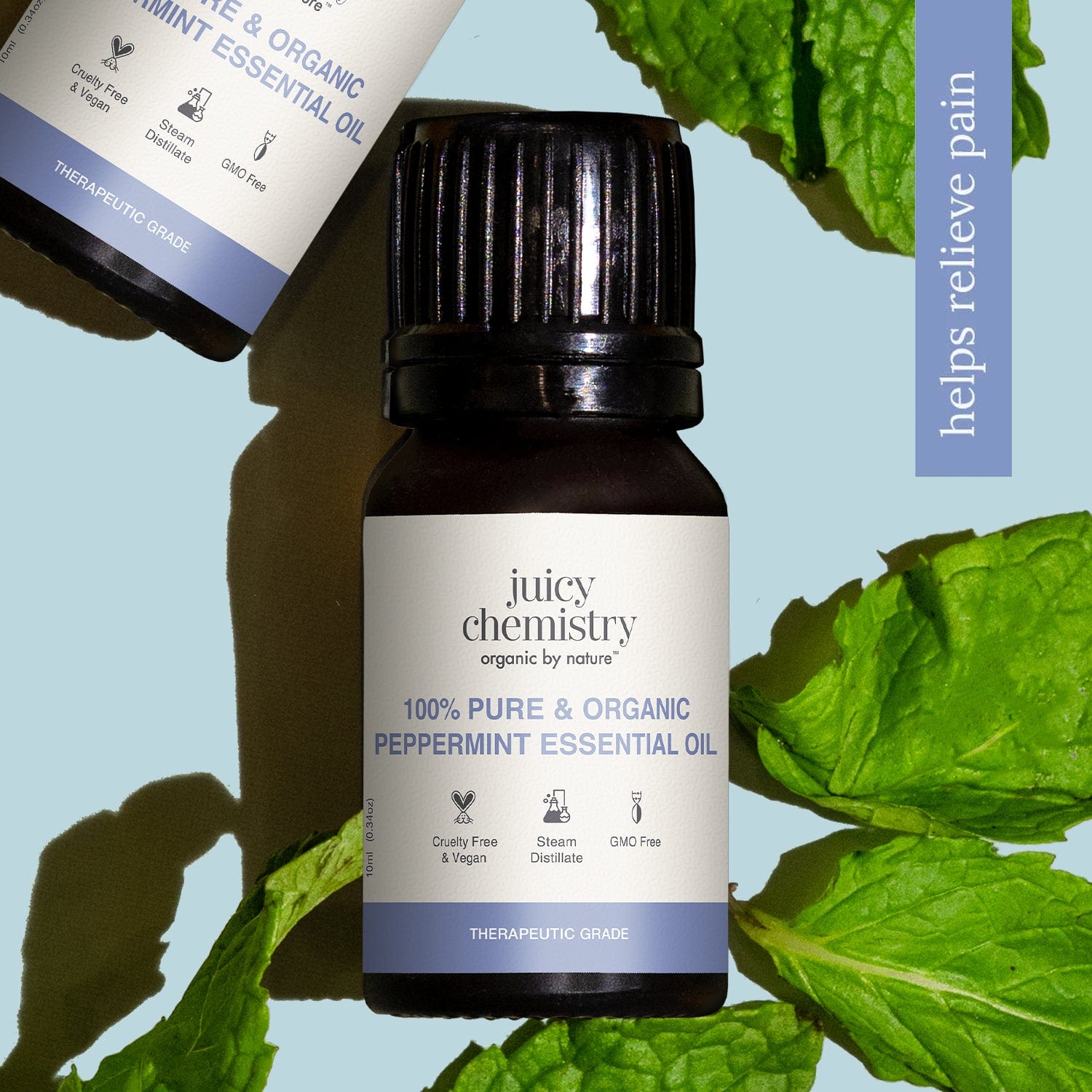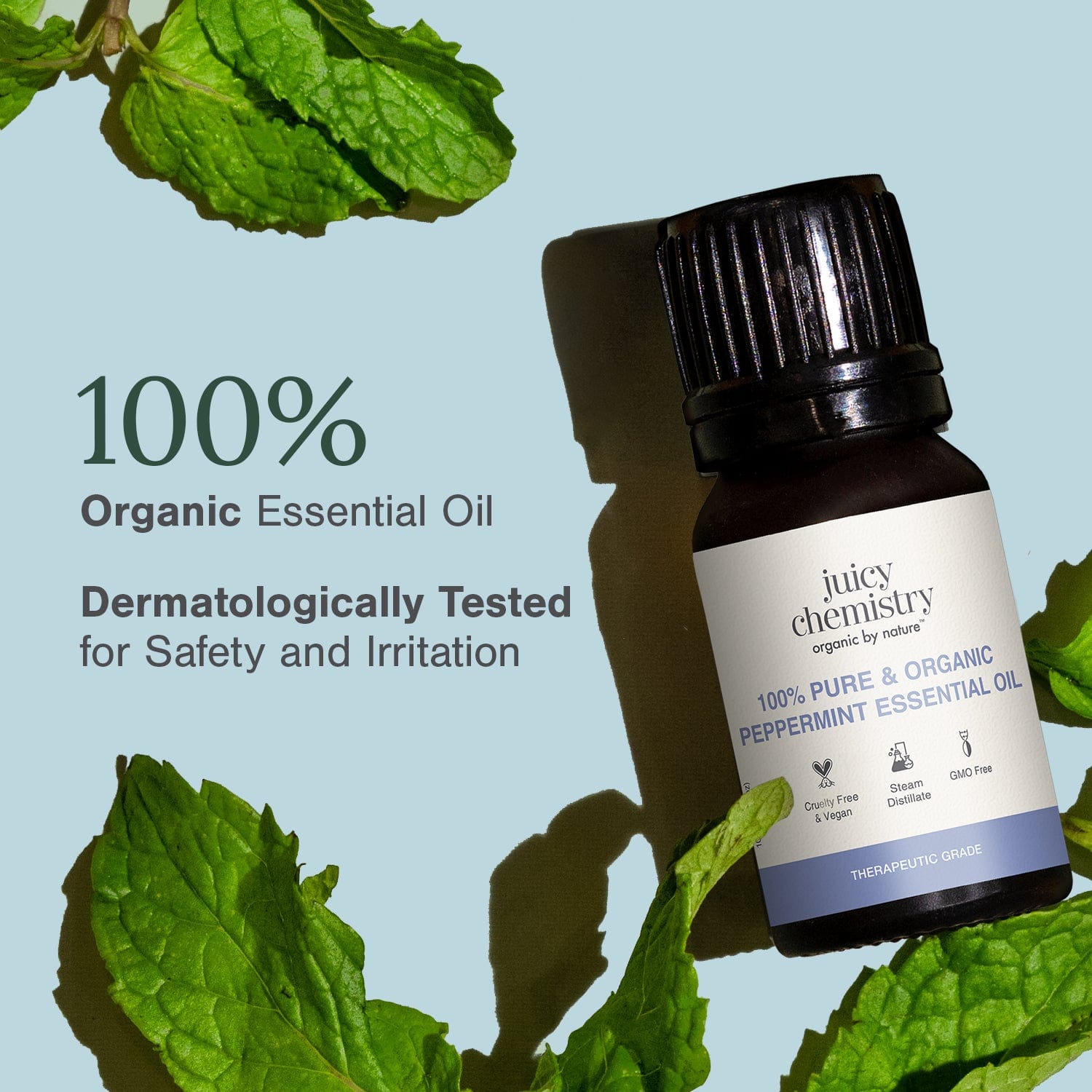Retinol Vs. Phyto-Retinol: What’s The Difference?
December 25, 2024Retinol has been recognized for years as a premier ingredient in skincare because of its remarkable ability to address issues like acne, fine lines, and uneven skin texture. However, in recent times, the focus in skincare has shifted towards milder and more natural options. As a result, plant-derived components such as phyto-retinol are becoming increasingly popular, particularly among individuals with sensitive skin or those who prefer sustainable products.
If you’ve ever been curious about how these two ingredients differ—or which one may be more suitable for your skin—you’ve come to the right place. Let’s explore all the essential information regarding retinol and phyto-retinol, enabling you to make an informed decision for your skincare regimen.
What Is Retinol?
Retinol, a derivative of Vitamin A, has been the preferred anti-aging component in skincare for many years. It belongs to the retinoid family, which consists of compounds that encourage quicker cell turnover and boost collagen production.
How Does Retinol Function?
- Retinol is converted into retinoic acid, its active form, through enzymatic processes in the skin. This conversion speeds up the removal of old skin cells and promotes the generation of new ones.
- It helps minimize the development of comedones (clogged pores), which aids in preventing acne outbreaks. Additionally, it possesses anti-inflammatory properties that can soothe existing acne.
- When it comes to fine lines and wrinkles, retinol enhances collagen production, improving skin elasticity and diminishing visible signs of aging.
- Furthermore, it promotes a more uniform skin tone by accelerating the skin’s natural renewal process and gradually lightening dark spots.
Common Drawbacks of Retinol
Despite the impressive benefits retinol provides, it does come with some significant drawbacks:
- Irritation: In the initial weeks of use, retinol may lead to considerable redness, peeling, or dryness as your skin acclimates to the ingredient.
- Sun Sensitivity: Retinol heightens the skin's sensitivity to UV rays, raising the likelihood of sunburn. Therefore, daily application of a broad-spectrum sunscreen is strongly advised.
- Suitability Concerns: Retinol may not be appropriate for everyone, particularly those with sensitive skin or inflammatory conditions like eczema. It is also not recommended for use during pregnancy due to potential risks to fetal development.
What Is Phyto-Retinol?
Phyto-retinol serves as a plant-based substitute for conventional retinol, providing comparable benefits but in a gentler manner. Unlike synthetic retinoids, phyto-retinols are sourced from natural ingredients, with two prominent components leading the way: Revinage and Bakuchiol.
Revinage is a botanical-based substitute sourced from a variety of plant extracts, including Bidens pilosa, linseed oil, cottonseed oil, and murumuru butter. It replicates the effects of retinol and engages the same retinoid receptors in the skin, promoting collagen production and cellular renewal. Another plant extract, bakuchiol, comes from the seeds of the Psoralea corylifolia plant. Commonly known as "nature’s retinol," it provides numerous advantages similar to retinol but without the irritation typically linked to it.
The Advantages of Phyto-Retinol for Skin Health
- Phyto-retinols, such as Revinage, promote cell turnover and rejuvenation, resulting in smoother and more uniformly toned skin. This ingredient functions by engaging with cellular pathways similar to retinol, enhancing your skin's brightness and texture.
- Much like retinol, both Revinage and Bakuchiol encourage collagen synthesis, which boosts skin firmness and reduces the visibility of wrinkles. They can greatly enhance the look of fine lines and overall skin elasticity while remaining gentle on the skin.
- Derived from natural sources, phyto-retinols possess anti-inflammatory and antioxidant characteristics, making them effective in soothing redness and shielding your skin from oxidative damage caused by UV rays or environmental pollutants.
Comparative Analysis of Retinol and Phyto-Retinol
To determine which ingredient may be more suitable for your skincare needs, it’s crucial to evaluate them based on several criteria.
1. Skin Tolerance and Potential Side Effects
-
Retinol: As a derivative of vitamin A, retinol is usually synthesized for application in skincare products. This synthetic creation guarantees effectiveness but can also heighten the likelihood of irritation.
-
Phyto-Retinol: Phyto-retinols are compounds derived from plants. Although their structure differs from that of retinol, they interact with similar biological pathways to yield comparable outcomes. Notably, Revinage shares both structural and functional similarities with retinol.
2. Skin Tolerance and Potential Side Effects
- Retinol: Users of retinol often experience side effects such as redness, peeling, and dryness during the initial application phase, commonly referred to as the "retinol purge." These reactions stem from its potency in accelerating skin renewal and decreasing oil production. It is essential to introduce retinol gradually into your skincare regimen and combine it with moisturizers and sunscreens to reduce irritation.
- Phyto-Retinol: In contrast, Revinage and Bakuchiol are much milder on the skin. They can effectively diminish fine lines, pigmentation, and acne without inducing redness or dryness. Their gentle and calming properties make them particularly ideal for individuals with sensitive skin types.
3. Effectiveness
- Retinol: The efficacy of retinol in treating wrinkles, hyperpigmentation, and acne has been researched for many years. However, if not used correctly, it can cause significant dryness and sensitivity, especially for those using it for the first time.
- Phyto-Retinol: Phyto-retinol has demonstrated encouraging outcomes in numerous studies. For instance, Revinage has been clinically validated to diminish wrinkles by 28% within just 42 days and lighten dark spots by 67%. Furthermore, the antioxidant qualities of bakuchiol assist in combating environmental stressors, helping to postpone premature skin aging.
4. Suitability for Sensitive Skin and Pregnancy
- Retinol: Given its strength, retinol can often be too intense for sensitive skin, leading to discomfort and noticeable irritation. Additionally, retinol and other derivatives of vitamin A are not recommended during pregnancy and breastfeeding due to potential health hazards.
- Phyto-Retinol: Ingredients like Bakuchiol and Revinage are generally well-accepted by all skin types, including those that are sensitive or prone to acne. Their natural origins and milder action also render them a safer choice during pregnancy, although it is still wise to seek advice from a healthcare provider.
Which Option Should You Choose?
Both retinol and phyto-retinol provide remarkable advantages for your skin, yet they serve distinct needs and preferences. The choice between retinol and phyto-retinol hinges on your skin's requirements, your lifestyle, and how well your skin reacts to active ingredients. If your skin is sensitive, dry, or easily irritated, or if you prefer a more natural, calming solution to enhance skin texture and tone, phyto-retinol is a fantastic option. Its favorable safety profile and minimal sun sensitivity make it more suitable for daily application.
Guidelines for Incorporating Retinol or Phyto-Retinol Into Your Skincare Regimen
No matter which ingredient you opt for, here are some suggestions to maximize its effectiveness:
- Begin Gradually: Start by incorporating the product slowly, using it 2-3 times per week, and increase the frequency as your skin adapts.
- Apply Sunscreen Daily: When using retinol, applying sunscreen every day is essential to shield your skin from harmful UV rays.
- Layer Carefully: Use retinol or phyto-retinol in the evening, after cleansing your face, and follow up with a moisturizer to reduce the risk of irritation.
- Pay Attention to Your Skin: If you notice significant dryness or irritation from retinol, consider switching to a phyto-retinol for a milder alternative.
Purchase Phyto-Retinol Advanced Serum Moisturiser
Juicy Chemistry's Phyto-Retinol Advanced Serum Moisturiser offers the advantages of retinol to the skin, effectively addressing signs of aging. Suitable for all skin types, it also enhances your skin barrier while providing soothing and antioxidant properties.
The lightweight, non-greasy, natural formulation features Revinage, a CO2 supercritical plant-derived extract that imitates retinol to encourage collagen production and cellular renewal. Additionally, it is enriched with beneficial components such as Moringa and Aloe Vera Juice, ensuring this face moisturizer enhances brightness and prevents moisture depletion, keeping your skin soft and well-hydrated throughout the day. Shop Here.
Retinol Vs. Phyto-Retinol: What’s The Difference?
Retinol has been celebrated as a premier ingredient in skincare for its remarkable effects on acne, fine lines, and uneven skin texture. However, in recent times, skincare trends have shifted towards gentler and more natural options. Consequently, plant-derived ingredients like phyto-retinol are becoming increasingly popular, particularly among individuals with sensitive skin or those who prefer sustainable lifestyles.
If you have ever been curious about the distinctions between these two components—or which might be more suitable for your skin—you’ve come to the right place. Let’s explore everything you need to understand about retinol and phyto-retinol so you can make an informed decision for your skincare regimen.
What Is Retinol?
Retinol, a derivative of Vitamin A, has been the preferred anti-aging ingredient in skincare. It belongs to the retinoid family, a collection of compounds that encourage quicker cell turnover and boost collagen production.
How Does Retinol Work?
- Retinol is converted enzymatically in the skin to retinoic acid, its active form. This conversion accelerates the removal of old skin cells and promotes the generation of new ones.
- Retinol minimizes the development of comedones (clogged pores), which aids in preventing acne breakouts. It also possesses some anti-inflammatory properties that help soothe existing acne.
- When it comes to fine lines and wrinkles, retinol enhances collagen synthesis, improving your skin’s elasticity and diminishing visible signs of aging.
- It also promotes a more even skin tone by speeding up the skin’s natural renewal process and gradually fading dark spots.
Common Drawbacks of Retinol
While retinol provides impressive skin advantages, it also presents some challenges:
- Irritation: In the initial weeks of use, retinol may lead to significant redness, peeling, or dryness as your skin acclimates to the ingredient.
- Sun Sensitivity: Retinol heightens the skin's sensitivity to UV rays, raising the likelihood of sunburn. Therefore, daily application of a broad-spectrum sunscreen is strongly advised.
- Suitability Issues: Retinol may not be appropriate for everyone, particularly those with sensitive skin or inflammatory conditions like eczema. It is also not recommended during pregnancy due to potential risks to fetal development.
What Is Phyto-Retinol?
Phyto-retinol serves as a plant-based substitute for conventional retinol, providing comparable benefits but in a gentler manner. Unlike synthetic retinoids, phyto-retinols are sourced from natural origins, with two prominent ingredients leading the way: Revinage and Bakuchiol.
Revinage is a botanical-based substitute sourced from a variety of plant extracts, including Bidens pilosa, linseed oil, cottonseed oil, and murumuru butter. It replicates the effects of retinol and engages the same retinoid receptors in the skin, promoting collagen production and cellular renewal. Bakuchiol, another plant extract obtained from the seeds of the Psoralea corylifolia plant, is commonly known as "nature’s retinol" because it provides numerous advantages similar to retinol without causing the typical irritation.
The Advantages of Phyto-Retinol for Skin Health
- Phyto-retinols, such as Revinage, promote cell turnover and rejuvenation, resulting in a smoother and more uniform complexion. This ingredient functions by engaging with cellular pathways similar to retinol, enhancing your skin's brightness and texture.
- Much like retinol, both Revinage and Bakuchiol encourage collagen synthesis, which boosts skin firmness and reduces the visibility of wrinkles. They can greatly enhance the look of fine lines and overall skin elasticity while remaining gentle on the skin.
- Derived from natural sources, phyto-retinols possess anti-inflammatory and antioxidant characteristics, making them effective in soothing redness and shielding your skin from oxidative damage caused by UV rays or environmental pollutants.
Key Distinctions Between Retinol and Phyto-Retinol
To determine which ingredient may be more suitable for your requirements, it’s crucial to evaluate them based on several criteria. 1. Source
-
Retinol: Retinol is a vitamin A derivative that is usually synthesized for application in skincare products. This synthetic creation guarantees effectiveness but also heightens the likelihood of irritation.
-
Phyto-Retinol: Phyto-retinols are compounds derived from plants. Although their structure differs from that of retinol, they interact with similar pathways to provide comparable outcomes. Notably, Revinage shares both structural and functional similarities with retinol.
2. Skin Tolerance and Potential Side Effects
- Retinol: Retinol frequently leads to side effects such as redness, peeling, and dryness during the initial application phase, often referred to as the "retinol purge." These reactions arise due to its strength in accelerating skin renewal and decreasing sebum production. It is essential to gradually incorporate it into your skincare regimen and combine it with moisturizers and sunscreens to reduce irritation.
- Phyto-Retinol: In contrast, Revinage and Bakuchiol are much milder on the skin. They can effectively diminish fine lines, pigmentation, and acne without inducing redness or dryness. Their gentle and calming properties make them particularly ideal for individuals with sensitive skin types.
3. Effectiveness
- Retinol: The efficacy of retinol in treating wrinkles, hyperpigmentation, and acne has been extensively researched over the years. However, if not used correctly, it can cause significant dryness and sensitivity, especially for those using it for the first time.
- Phyto-Retinol: Phyto-retinol has demonstrated encouraging outcomes in multiple studies. For instance, Revinage has been clinically validated to diminish wrinkles by 28% within just 42 days and lighten dark spots by 67%. Furthermore, the antioxidant benefits of bakuchiol assist in combating environmental stressors, helping to postpone premature skin aging.
4. Suitability for Sensitive Skin and Pregnancy
- Retinol: Given its strength, retinol can often be too intense for sensitive skin, leading to discomfort and noticeable irritation. Additionally, retinol and other derivatives of vitamin A are not recommended during pregnancy and breastfeeding due to potential health hazards.
- Phyto-Retinol: Ingredients like Bakuchiol and Revinage are generally well-accepted by all skin types, including those that are sensitive or prone to acne. Their natural origins and milder action also render them a safer choice during pregnancy, although it is still wise to seek advice from a healthcare provider.
Which Option Should You Choose?
Both retinol and phyto-retinol provide remarkable advantages for your skin, yet they serve distinct needs and preferences. The choice between retinol and phyto-retinol hinges on your skin's requirements, your lifestyle, and how well your skin reacts to active ingredients. If your skin is sensitive, dry, or easily irritated, or if you prefer a more natural and calming solution to enhance skin texture and tone, phyto-retinol is a fantastic option. Its favorable safety profile and minimal sun sensitivity make it more suitable for daily application.
Guidelines for Incorporating Retinol or Phyto-Retinol Into Your Skincare Routine
No matter which ingredient you opt for, here are some suggestions to maximize its effectiveness:
- Begin Gradually: Start by incorporating the product slowly, using it 2-3 times per week, and increase the frequency as your skin adapts.
- Apply Sunscreen Daily: When using retinol, wearing sunscreen every day is essential to shield your skin from harmful UV rays.
- Layer Carefully: Use retinol or phyto-retinol in the evening, after cleansing your face, and follow up with a moisturizer to reduce the risk of irritation.
- Pay Attention to Your Skin: If you notice significant dryness or irritation while using retinol, consider switching to a phyto-retinol for a milder alternative.
Purchase Phyto-Retinol Advanced Serum Moisturiser
Juicy Chemistry's Phyto-Retinol Advanced Serum Moisturiser offers the advantages of retinol to effectively address signs of aging. Suitable for all skin types, it also enhances your skin barrier while providing soothing and antioxidant properties.
The lightweight, non-greasy formula features Revinage, a supercritical CO2 plant-derived extract that replicates the effects of retinol to encourage collagen production and cellular renewal. Additionally, it is enriched with beneficial components such as Moringa and Aloe Vera Juice, ensuring that this face moisturizer not only enhances brightness but also prevents moisture depletion, keeping your skin feeling soft and hydrated all day long. Shop Here.
References:
https://pubmed.ncbi.nlm.nih.gov/29947134/
https://pmc.ncbi.nlm.nih.gov/articles/PMC2699641/
https://www.health.harvard.edu/staying-healthy/bakuchiol-does-it-make-skin-look-younger
